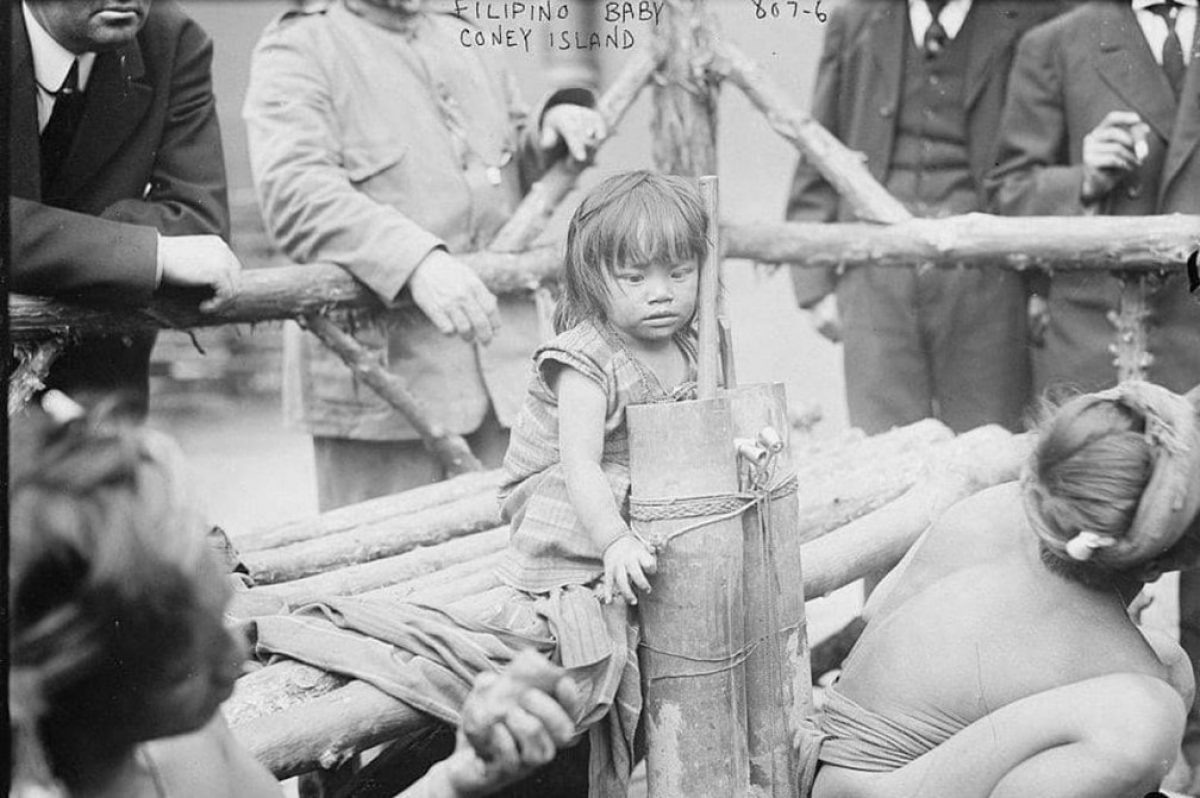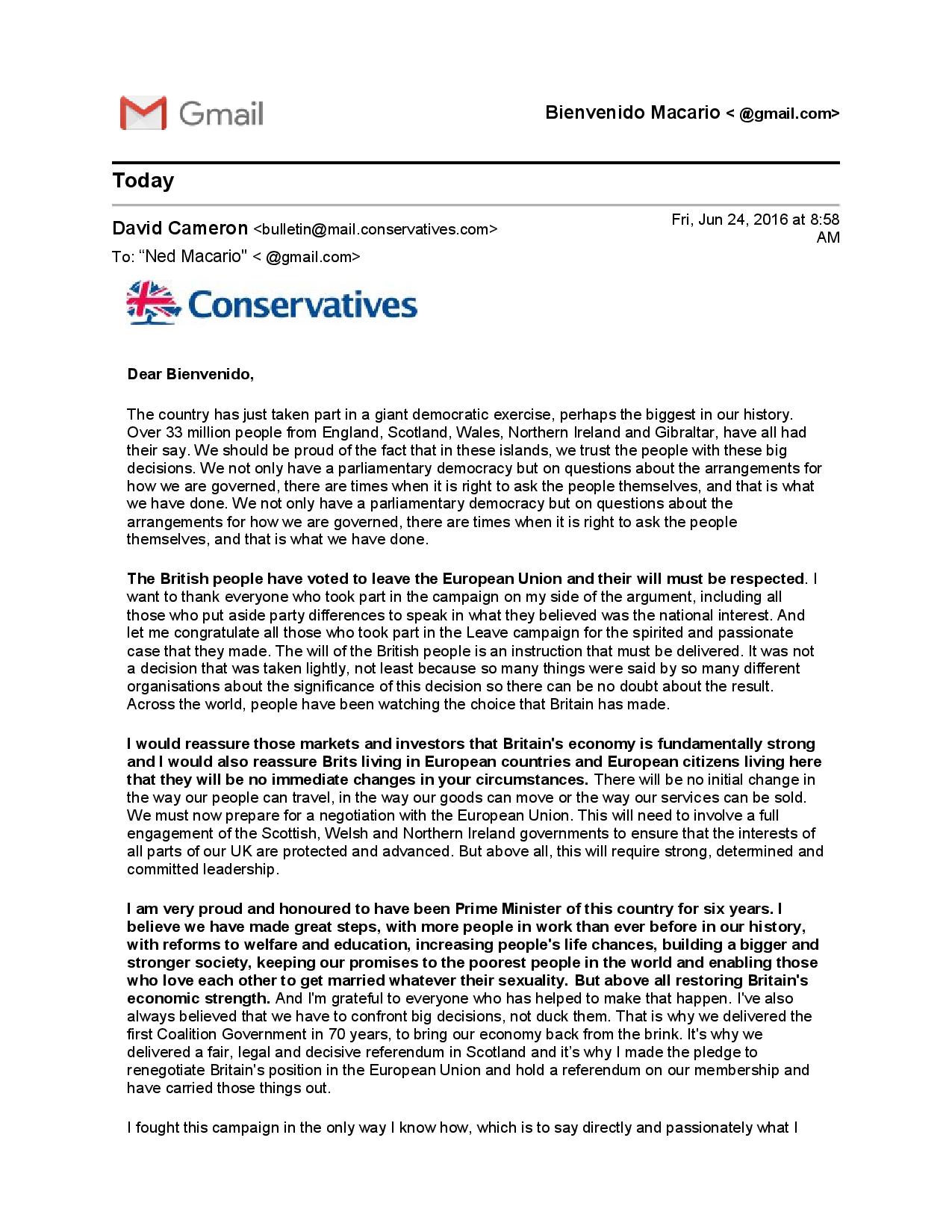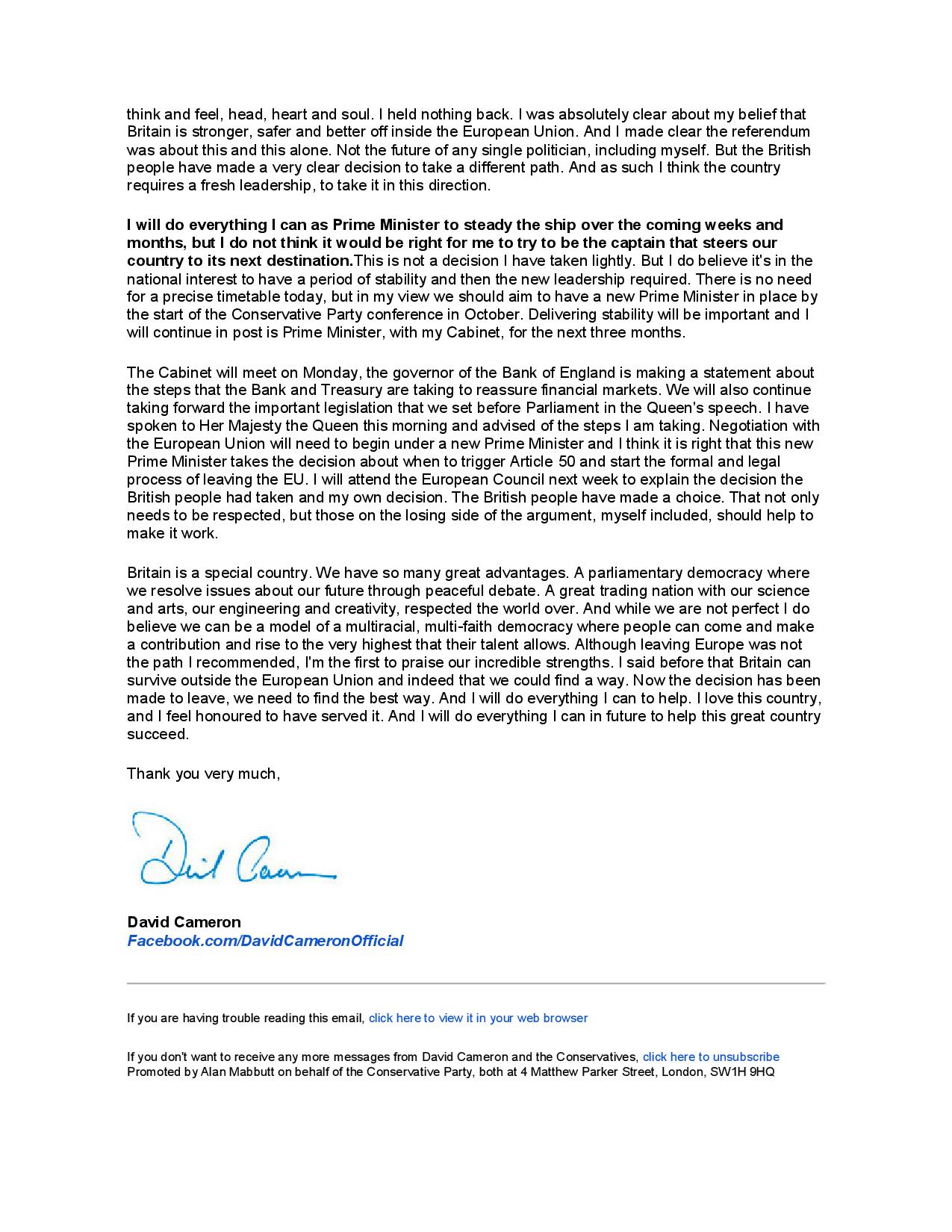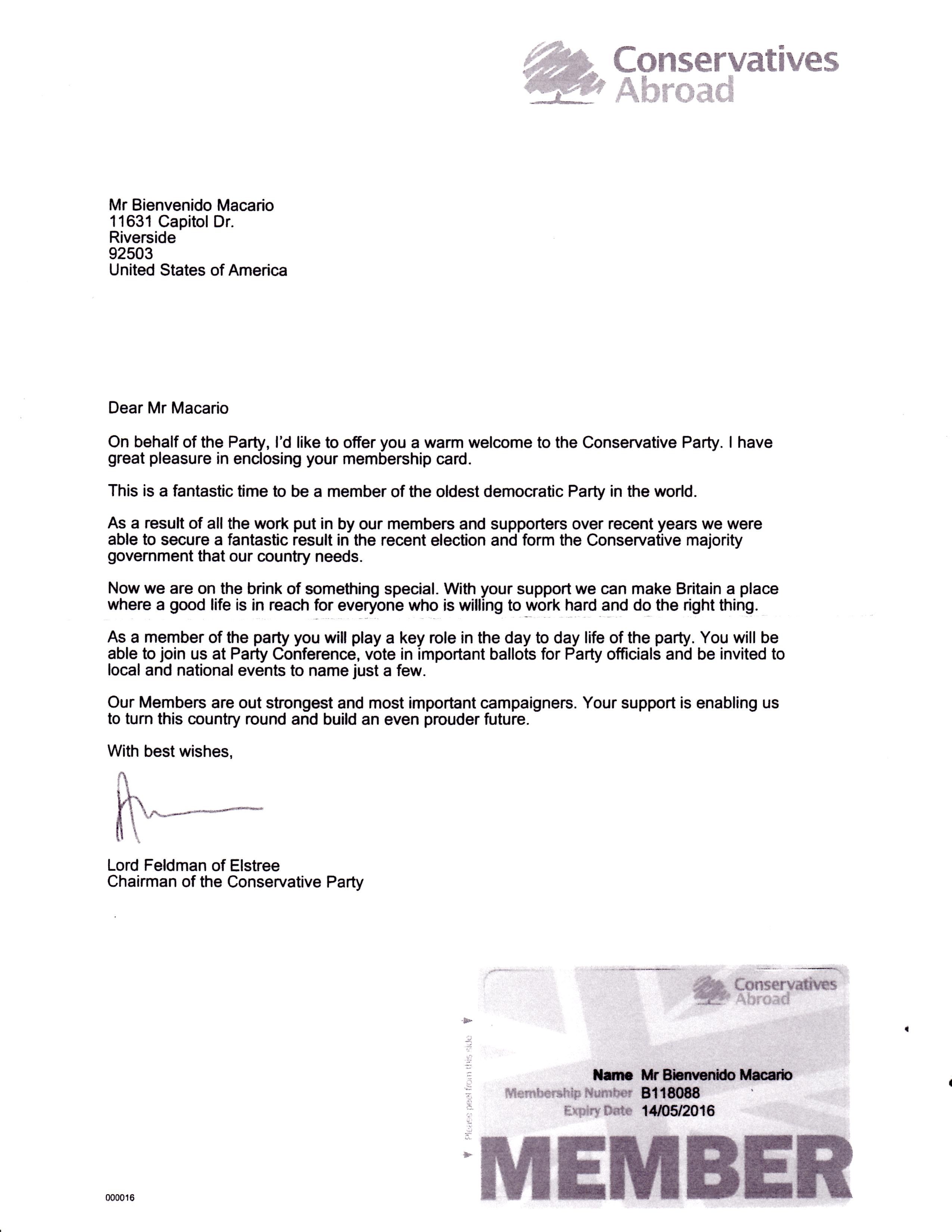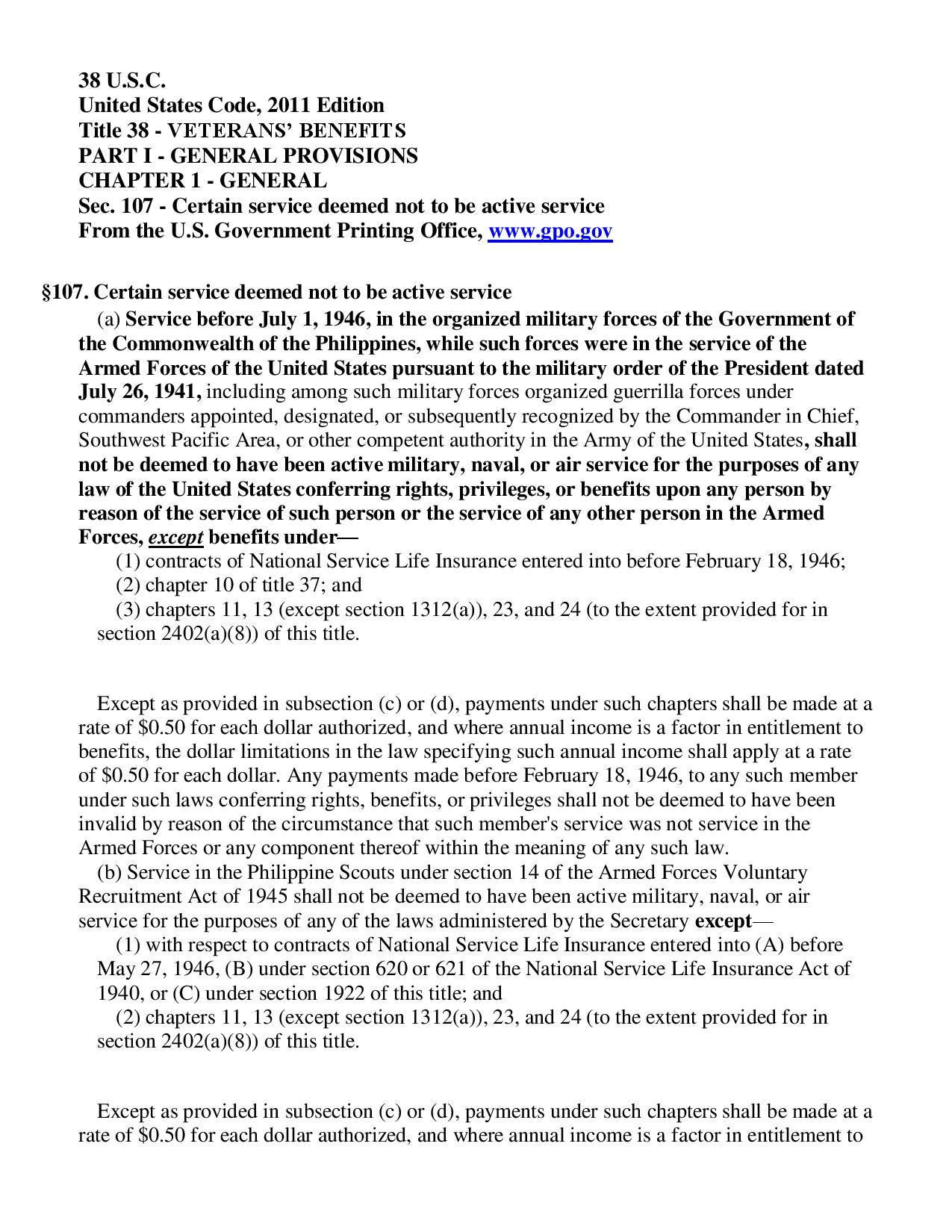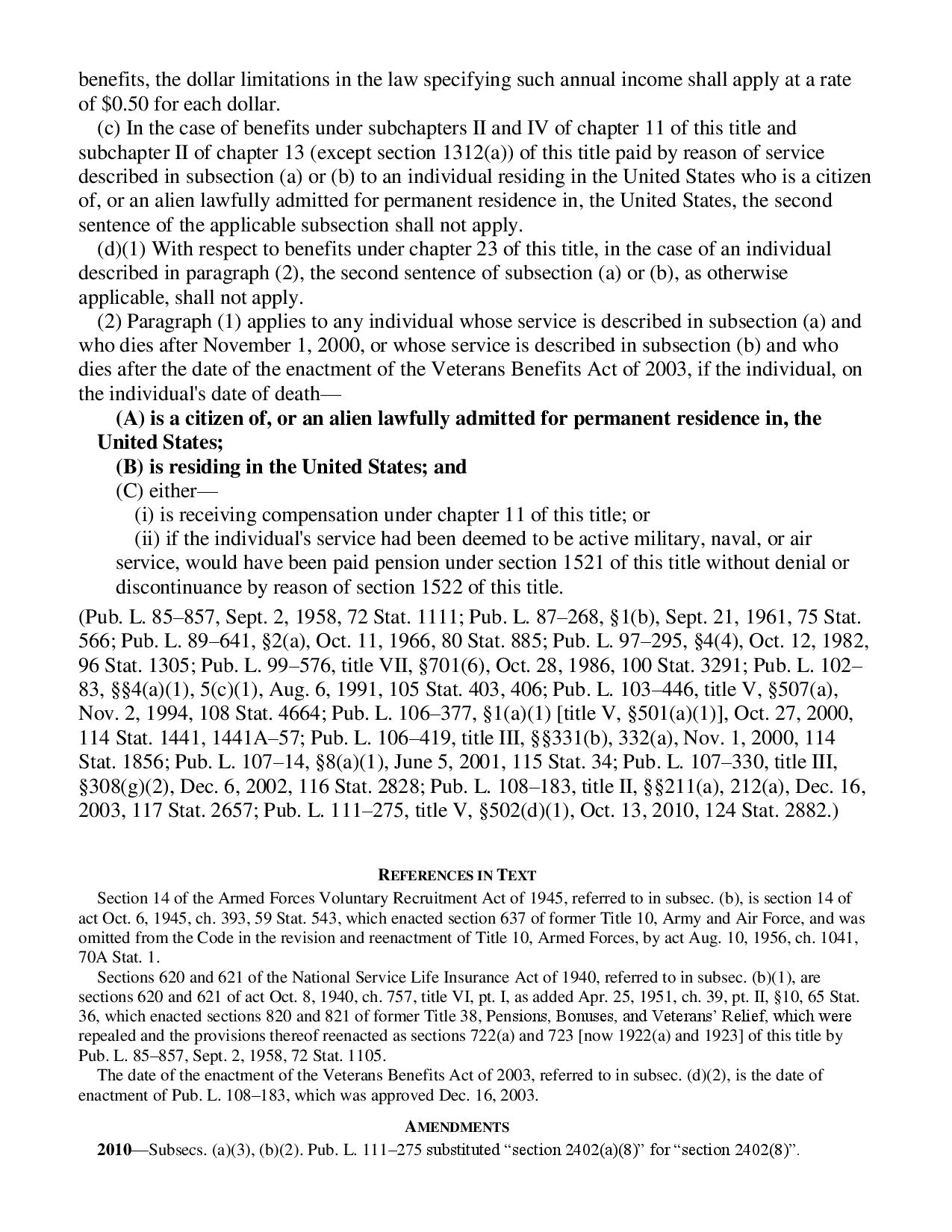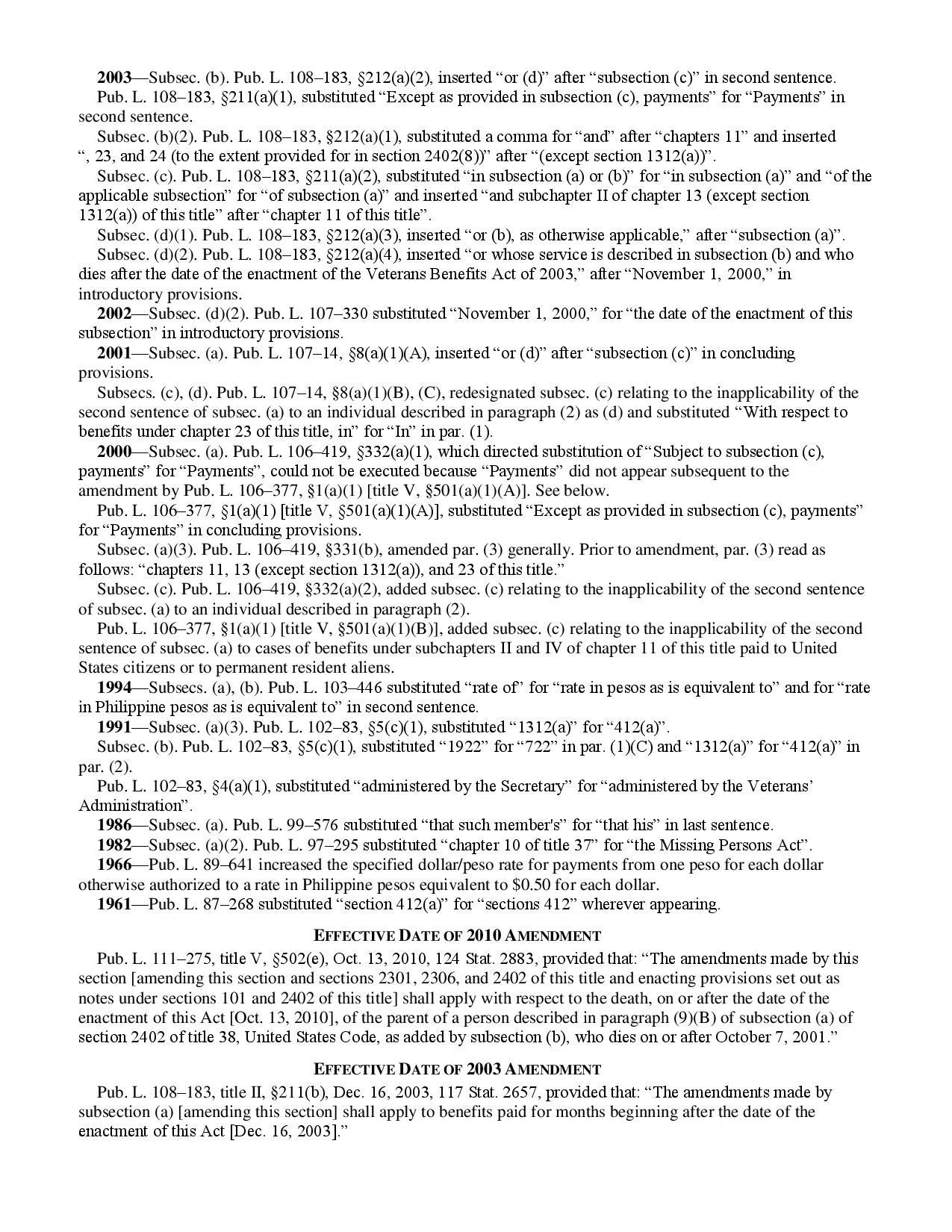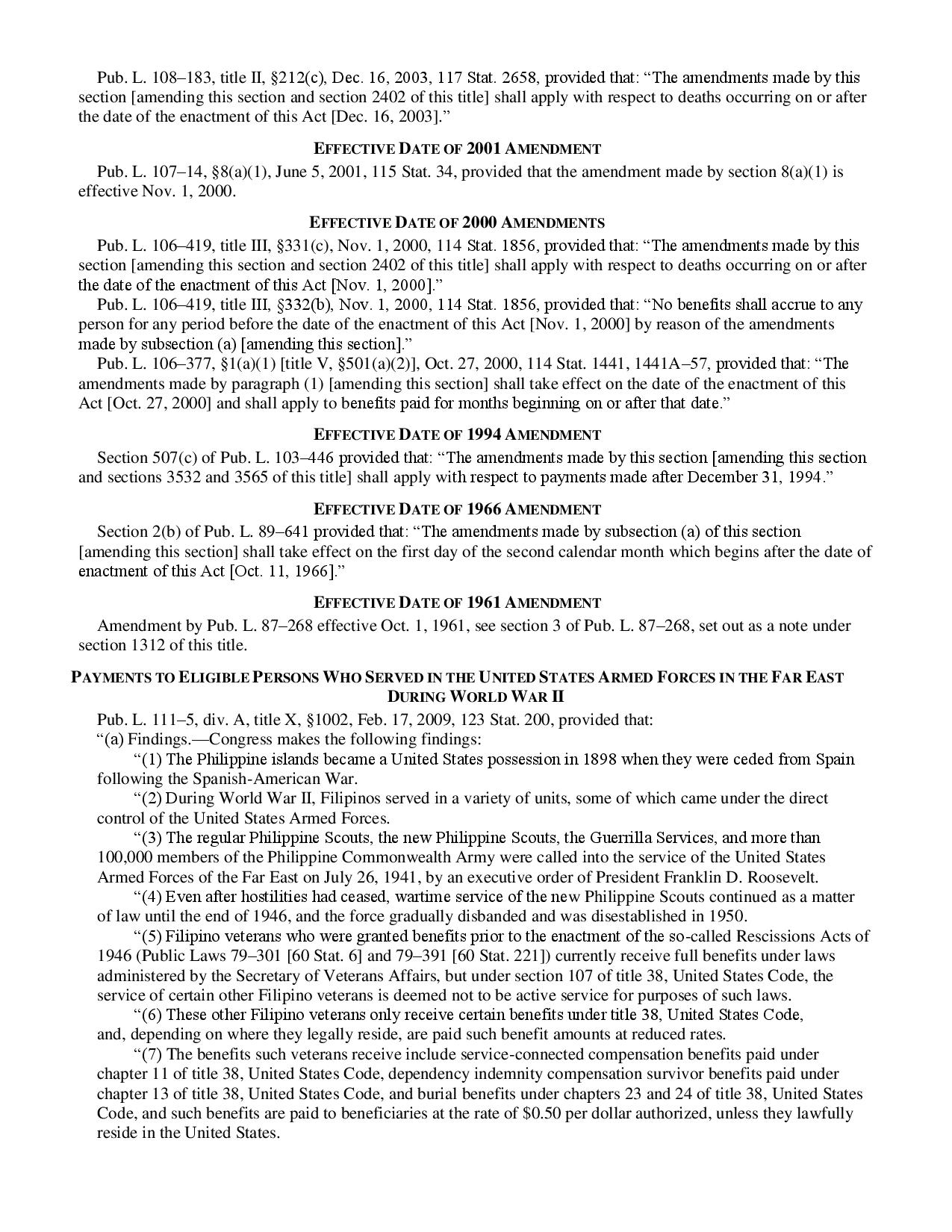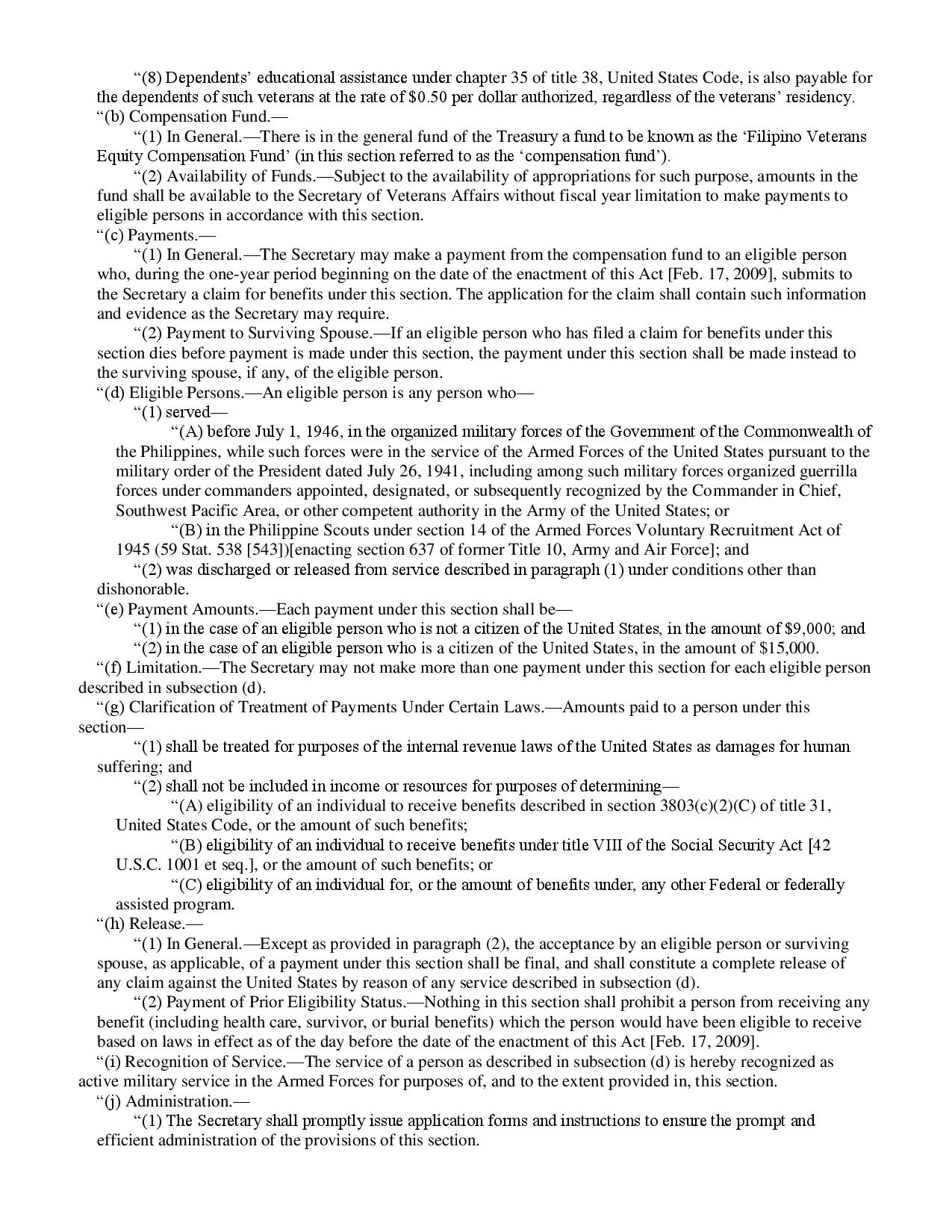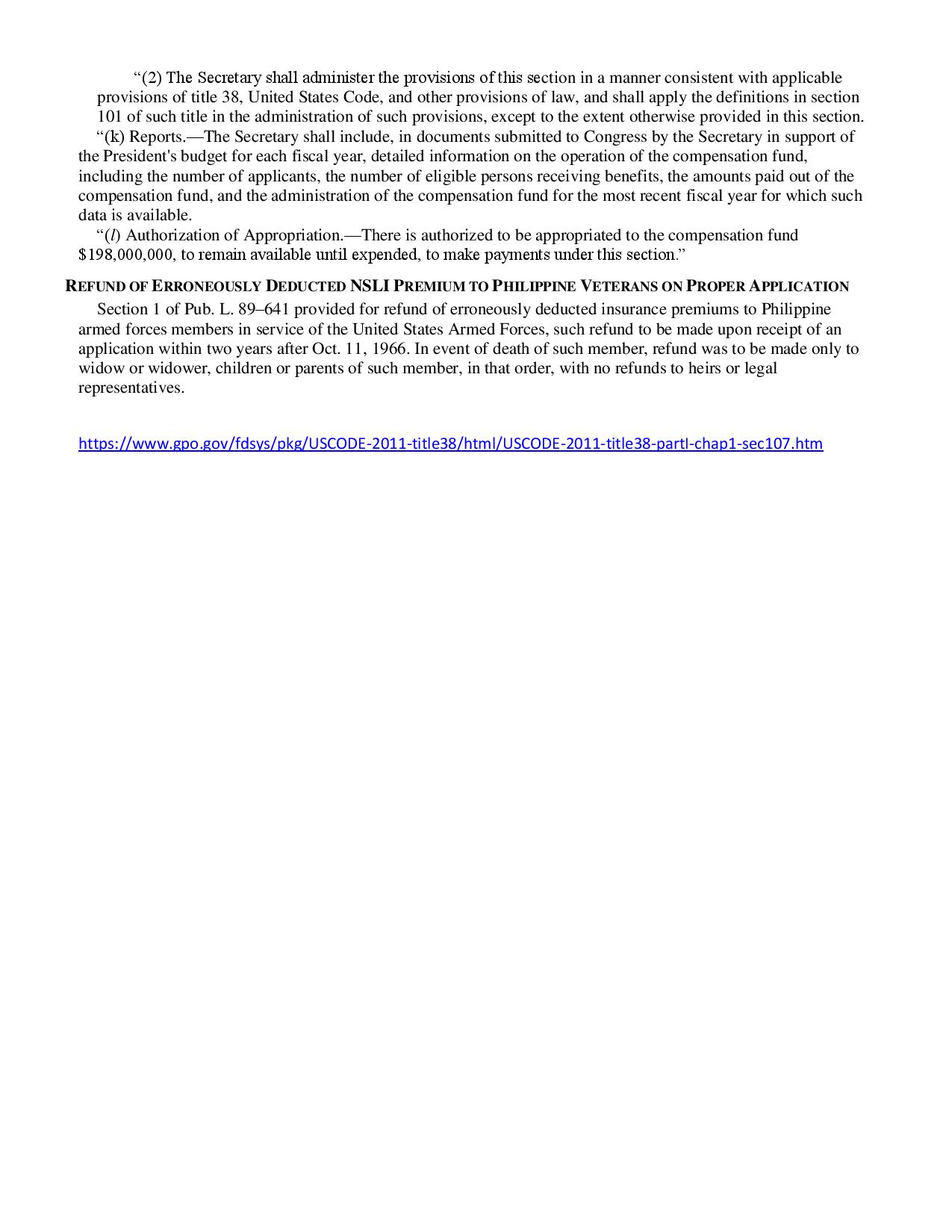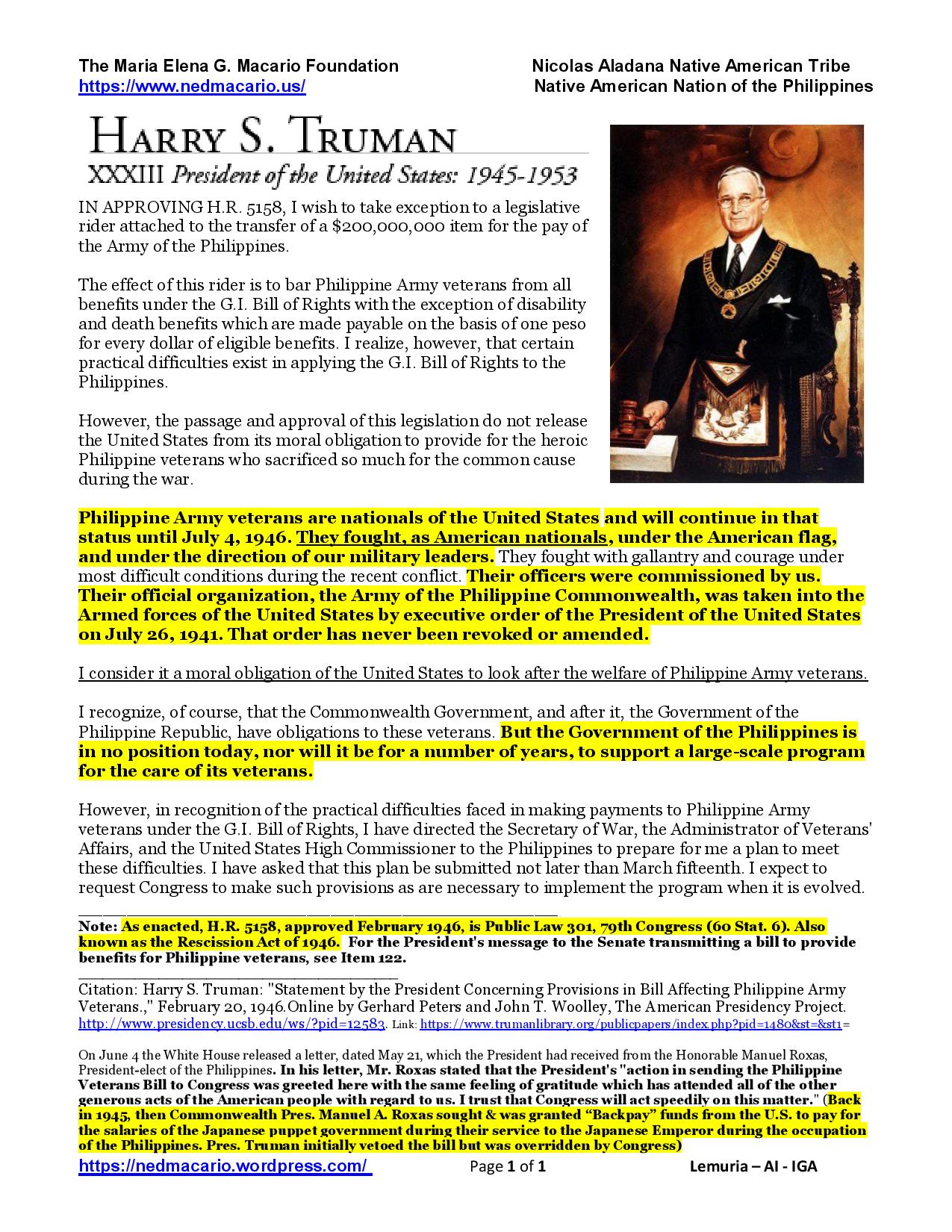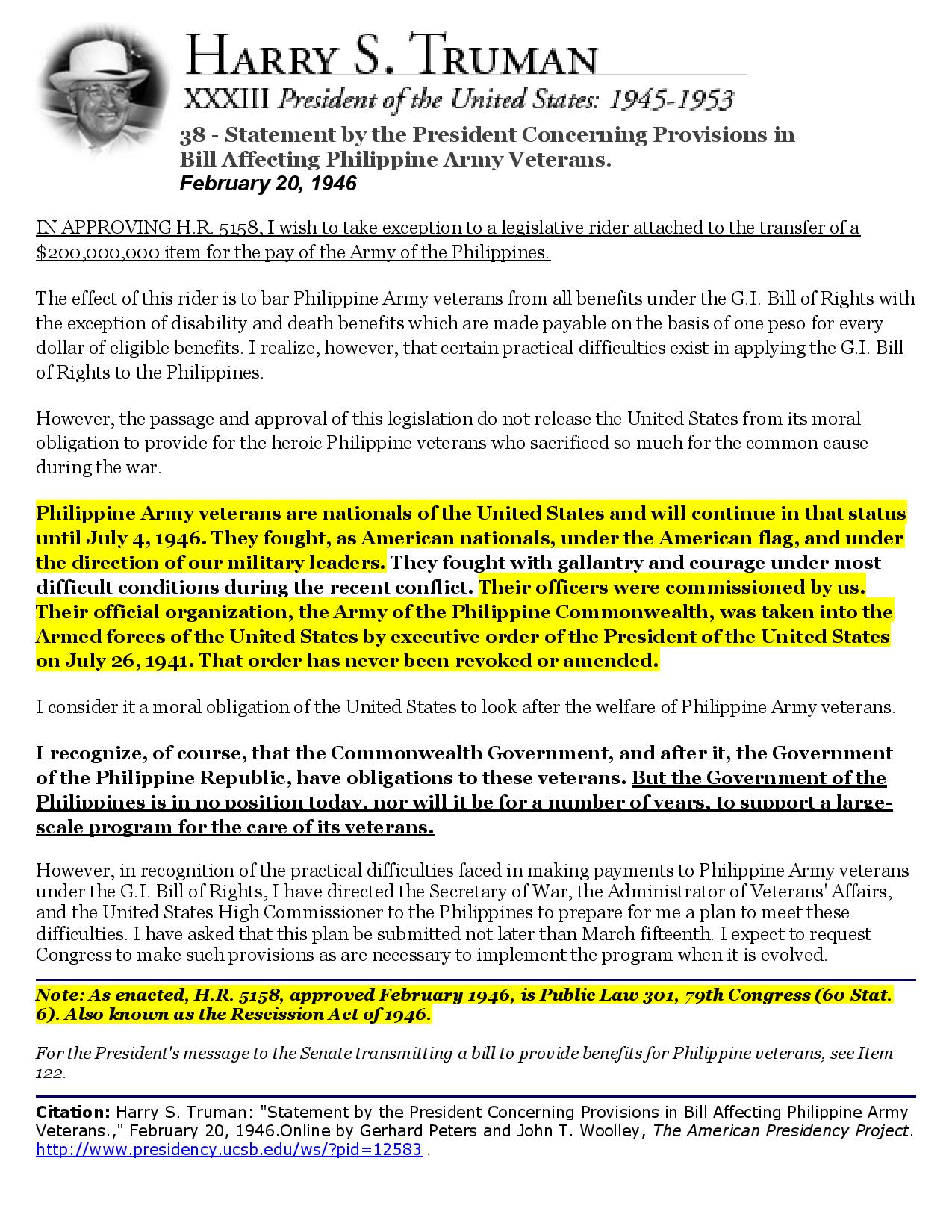June 27, 2016
Members of the House of Commons voted to hold the referendum by a margin of 6 to 1. Holding the referendum on Brexit was David Cameron’s campaign promise. Once again he kept his word.
In the U.S. it is quite different. The oil, gas and mineral-rich Philippines, a former U.S. territory, was abandoned in 1934 and 1946. This was done simply by not asking the Filipino people if we wanted to secede from the U.S. with the U.S. Congress simply leaving the matter to Filipino politicians. There was no referendum in 1934 when the Philippine Commonwealth was created or in 1946 when the Philippines was granted independence by virtue of the Treaty of Manila. The U.S. Senate ratified the 1946 Treaty of Manila on Oct. 22, 1946.
See: Prime Minister David Cameron’s Commons statement on the European Union referendum vote. Monday June 27, 2016 9:45am
https://www.facebook.com/conservatives/videos/10154028041649279/
